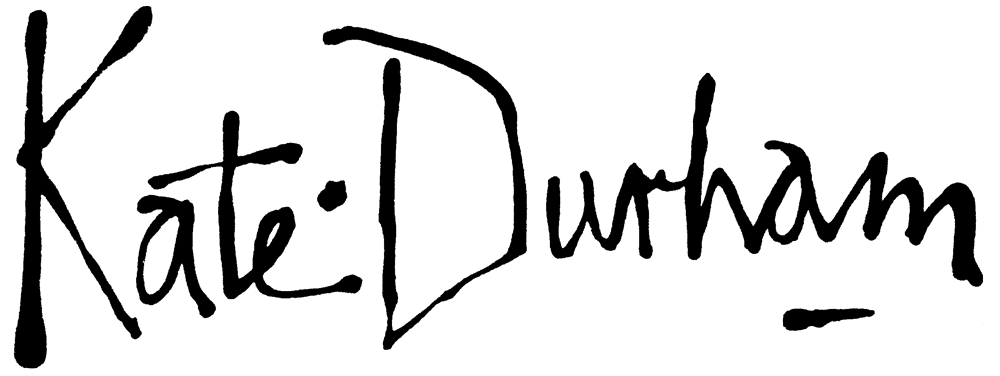I’m An Abolitionist
I’ve titled this next piece I’m an abolitionist WHO ARE YOU are you an abolitionist too?
It’s my paraphrase of Emily Dickinson’s I’m nobody, who are you? Are you nobody too?
For me it has a resonance because activists are mostly nobodies. If they were somebodies they’d be given another name, it might be based on their profession or job – lawyer, journalist, politician etc. Those people are the insiders, activists are so-called because the names for them are so blurry, they’re such outsiders, such nobodies and then such activists. You can see how the word pushes people further away. But nobodyness, when used correctly can be a tremendous source of power. Think of Pauline Hanson. She was very stupid, but still too smart to be called an Activist.
Activist – the word is repellent, and it generally makes the person described by the word repellent too. It’s a word that parcels and labels people in a generic sense, it dismisses them.
And yet it has been taken up by Beauty Editors I’ve read in the sillier magazines of “skin-care activists”.
When that happens you know the word if it was ever useful is now utterly debased.
But words are so expressive that we must always attempt to find words that fit specifically and authentically because they in turn exert a discipline over ideas, sentiments and rationality.
If the words are sloppy, the activism will be too. That is why I say I’m an abolitionist, not an activist I’d rather assert my own self-definition than put up with someone else’s. There is also strategy, it may also make the listener curious.
If I say I’m an abolitionist I am more likely to be asked “What’s that?” which will provoke a conversation and that’s what I want most.
As an abolitionist I will say that I want two things abolished, long-term detention for asylum seekers and the temporary protection visa.
Because I believe that I have the material and the facts to support my case, I rate my chances of getting people to agree with me pretty high, when the lies are put to one side.
Then all that is left to discuss is when, where and how will the abolition begin.
If I could turn young people into abolitionists I would be very proud. The Early Abolitionists were opposed to the evil of their time – SLAVERY.
We can use the same word to put an end to the evil in ours.
Young people are especially creative in finding tags for themselves, forms of self-identification, this is “what I am” statements; I am a vegetarian, I am an animal lover, I’m a conservationist etc.
It compels those around that young person to endorse or decry that choice, which side of that line does the listener fall into.
It requires no special political activity or behaviour but it’s one of the ways people express the gravitational leanings of their interests and will affect their choices of friends, careers and aspirations for that period or for life.
Young people in my experience have their hearts in the right place but they make unreliable committee members. Traditional “organising” is all a bit alien.
But young people have a particular strength that we gradually weaken in. Something I think all young people share is a passionate attention to friendships. It might sound artificial, but through the Hazara Association – Spare Rooms for Refugees wants to implant friendships between very young Hazara men and boys with their Australian peers.
We want you to take a couple of names, and go clubbing or to have a coffee or some-such and regularly phone that Hazara kid. He will be on a TPV and facing another tribunal hearing and possible deportation.
